In a closely watched parliamentary election, the staunch pro-China coalition led by Mohammed Muizzu has emerged victorious, securing more than 66 seats in the preliminary results. The outcome of the election has significant implications for the strategic interests of two Asian superpowers, India and China, in the region.
The Maldives, strategically located in the Indian Ocean, has historically been under the exclusive influence of India. However, the political landscape shifted dramatically after Muizzu assumed the presidency last September, signaling a shift towards closer ties with China.
Sunday's parliamentary elections were marked by intense tension, reflecting the high stakes involved for both domestic and international actors. Preliminary results indicate that the opposition alliance, which had hoped to challenge Muizzu's coalition, only managed to secure 15 seats, despite a robust voter turnout of 73 percent.
With the ruling PPM/PNC coalition now commanding a majority in the parliament, it is poised to consolidate its power and advance its policy agenda. This outcome underscores the growing influence of China in the Maldives, raising questions about the future trajectory of India's relationship with its neighbor and regional rival.
Both China and India have long sought to expand their influence in the Maldives, viewing the archipelago nation as a strategic asset in the broader geopolitical landscape of the Indian Ocean region. The election results are likely to shape the dynamics of this competition for influence, with implications for regional stability and security.
As the dust settles on the election outcome, all eyes will be on how Muizzu's coalition navigates its newfound majority in parliament and manages its relationships with regional and global powers. The future direction of the Maldives, and its role in the broader geopolitical landscape, hangs in the balance as the country charts its course in the coming years.







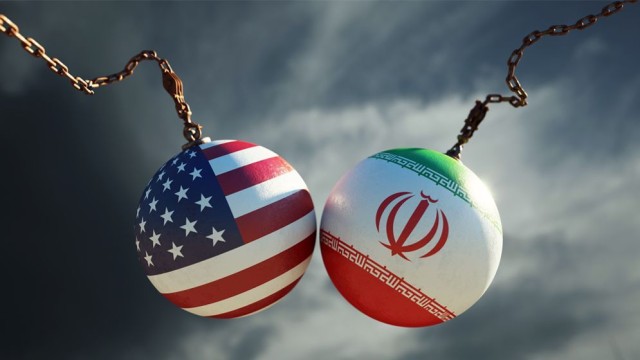

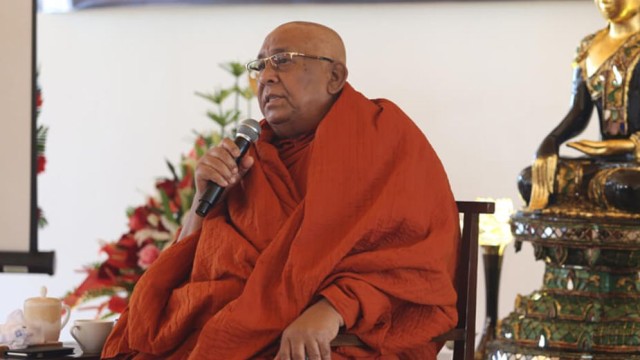


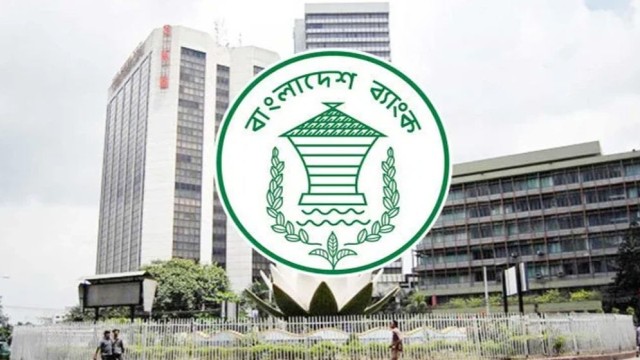
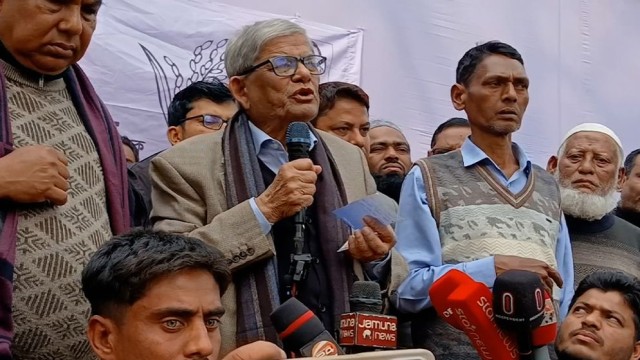





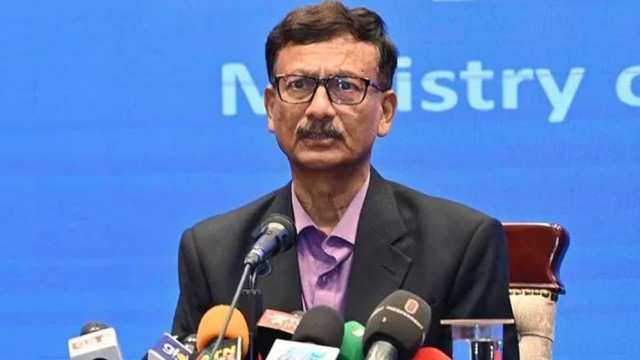


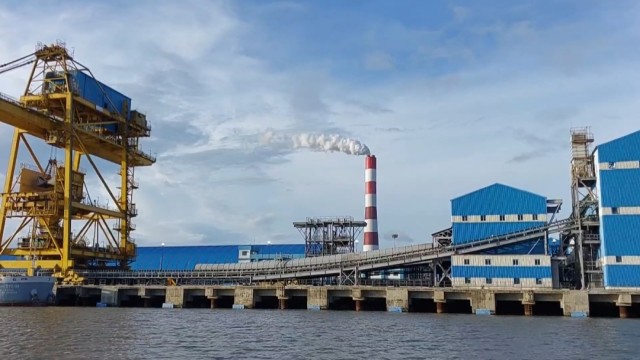

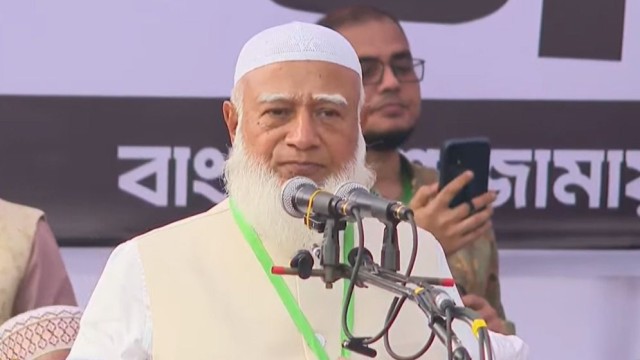
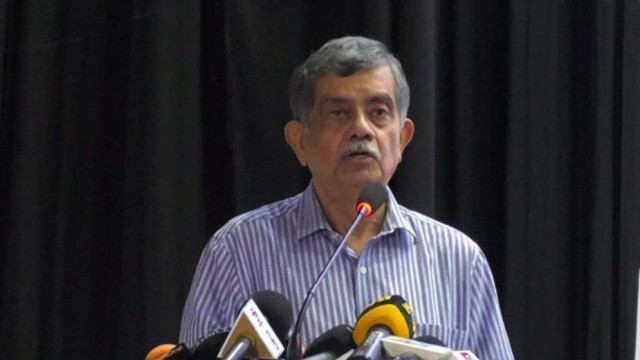



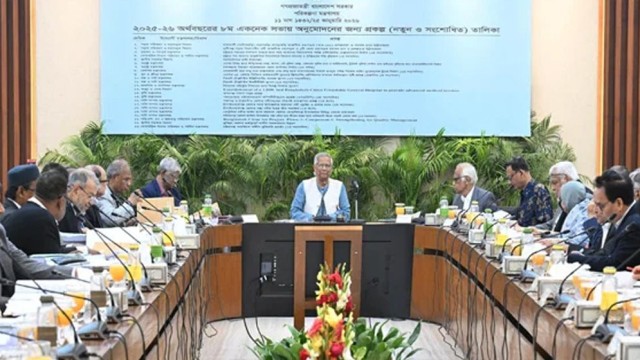

Comment: